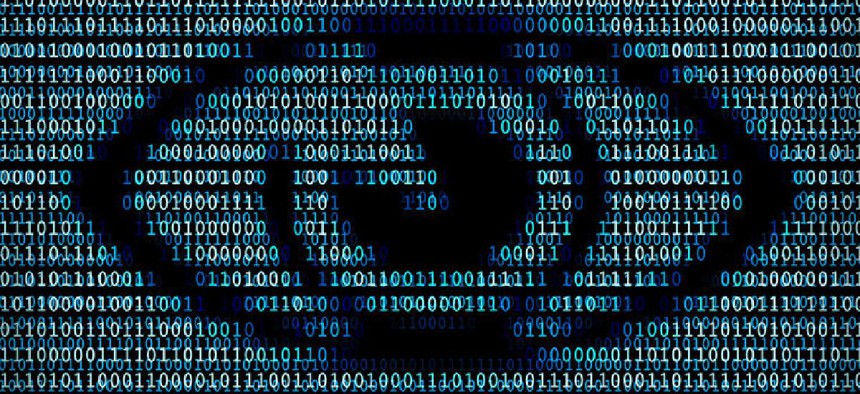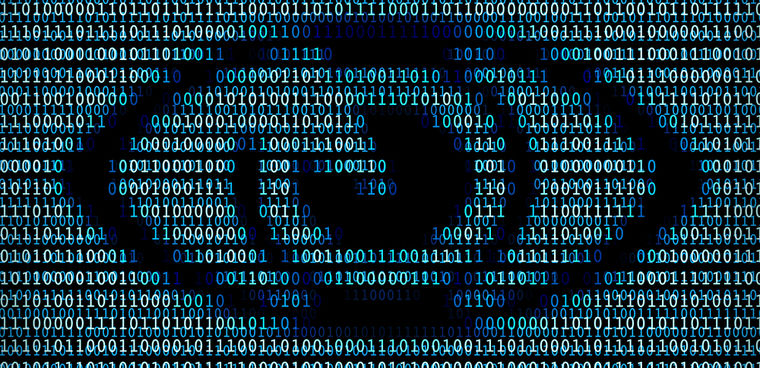ODNI says it does not collect geolocation data under Patriot Act

Intelligence agencies say they haven't used a controversial surveillance law to collect cell location data since a landmark Supreme Court case last year, but reserve the right to do so in the future.

The Office of the Director of National Intelligence told a U.S. senator that it no longer collects cell site location data under the Patriot Act.
In a newly released letter responding to questions from Sen. Ron Wyden (D-Ore.), Assistant DNI for Legislative Affairs Benjamin Fallon wrote that intelligence agencies stopped collecting cell site location information (CSLI) under Section 215 the Patriot Act following the Carpenter v. United States Supreme Court decision last year.
However, much like the shuttering of its Call Detail Records program, Fallon indicated that the decision was being made voluntarily, and the government has not ruled out collecting cell location data under the law in the future.
"While neither the Department of Justice nor the Intelligence Community has reached a legal conclusion as to whether the 'traditional' [Section 215] provision may be used to obtain CSLI in light of Carpenter, given the significant constitutional and statutory issues the decision raises for use of that authority to obtain such data, the Intelligence Community has not sought CSLI records or global positioning systems records pursuant to [Section 215] since Carpenter was decided," Fallon wrote.
Congress is currently debating about whether to reauthorize a number of provisions in the Patriot Act set to expire at the end of this year, including the dormant Call Detail Records program and the "Business Records" provision that allows for the collection of a wide range of "tangible things," physical and digital records that could relate to terrorism or foreign intelligence investigations. Lawmakers like Wyden have sought to glean whether the government uses the business records provision or the Call Detail Records program to collect geolocation data for individuals.
Following the release of the letter, Wyden urged his colleagues to explicitly outlaw the practice.
"The Supreme Court has confirmed that tracking Americans' movements without a warrant is unconstitutional," Wyden said on Twitter. "As Congress considers a reauthorization of Section 215, it must write a prohibition on warrantless geolocation collection into black letter law."
The Carpenter decision is viewed as a landmark case on how modern communication technologies intersect with the Fourth Amendment. The ruling established that the government must get a warrant showing probable cause before collecting more than seven days worth of cell-site location data. As mobile cellular phones have largely replaced stationary landlines, privacy advocates have argued that such data allows law enforcement to track the precise location and movement of individuals and should thus be classified as a Fourth Amendment privacy protection.
In its decision, the court went out of its way to clarify that its ruling did not extend to collection of real-time cell location data or national security-related surveillance programs such as the Patriot Act. Nevertheless, privacy experts have said the language of the ruling has led to confusion.
Earlier this week at a public event on Capitol Hill dealing with the reauthorization of Section 215, Senior Counsel Greg Nojeim of the Center for Democracy and Technology said the government has been "cagey" with Congress and the public about how the Carpenter decision has impacted intelligence laws like the Patriot Act.
"The Carpenter case was about seven days or more of stored cell site location information. It was not about real time location information, it was not about periods of less than seven days and it wasn't about other types of information," said Nojeim. "The court said it was issuing a narrow decision, but when you read the decision, they use pretty broad language to reach it, and that's why I think it's a good idea for the lawyers in [DOJ] and FBI to ask themselves 'how is this going to affect intelligence collection?'"


